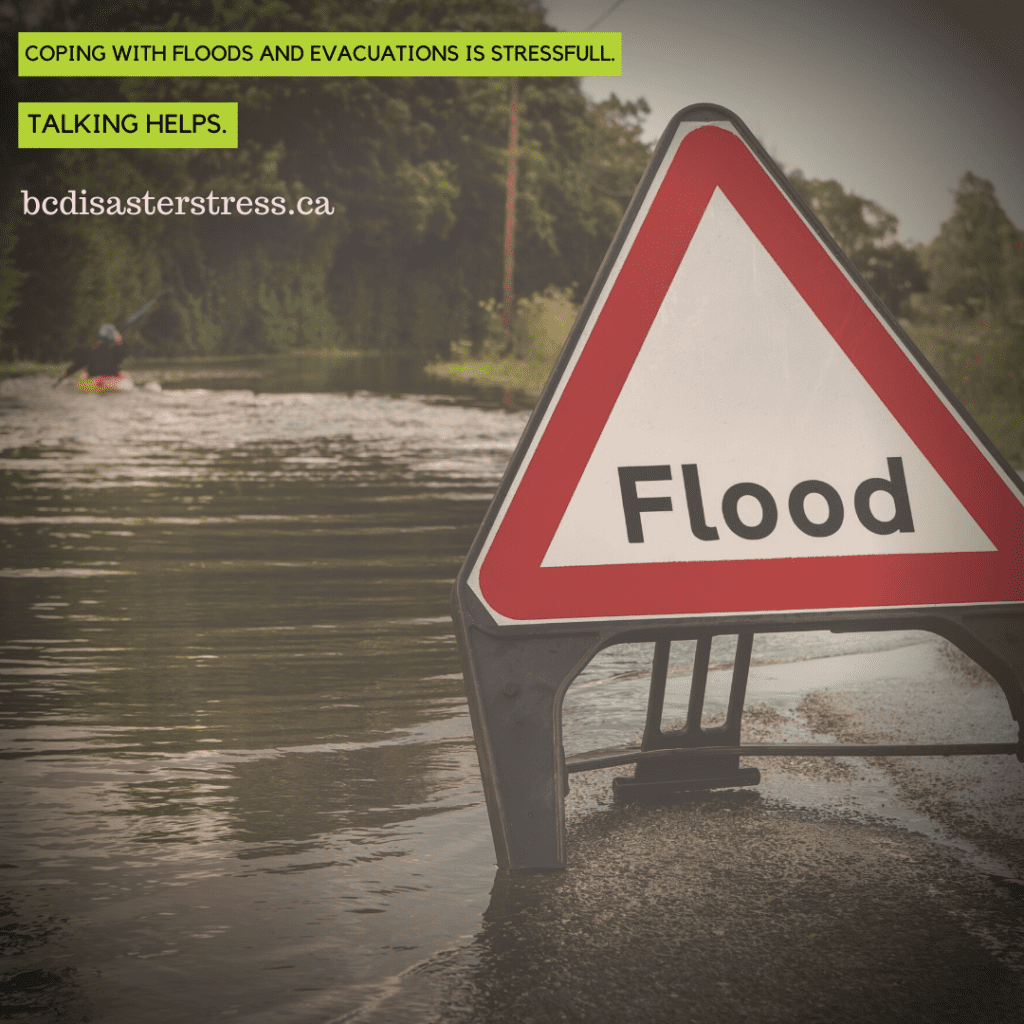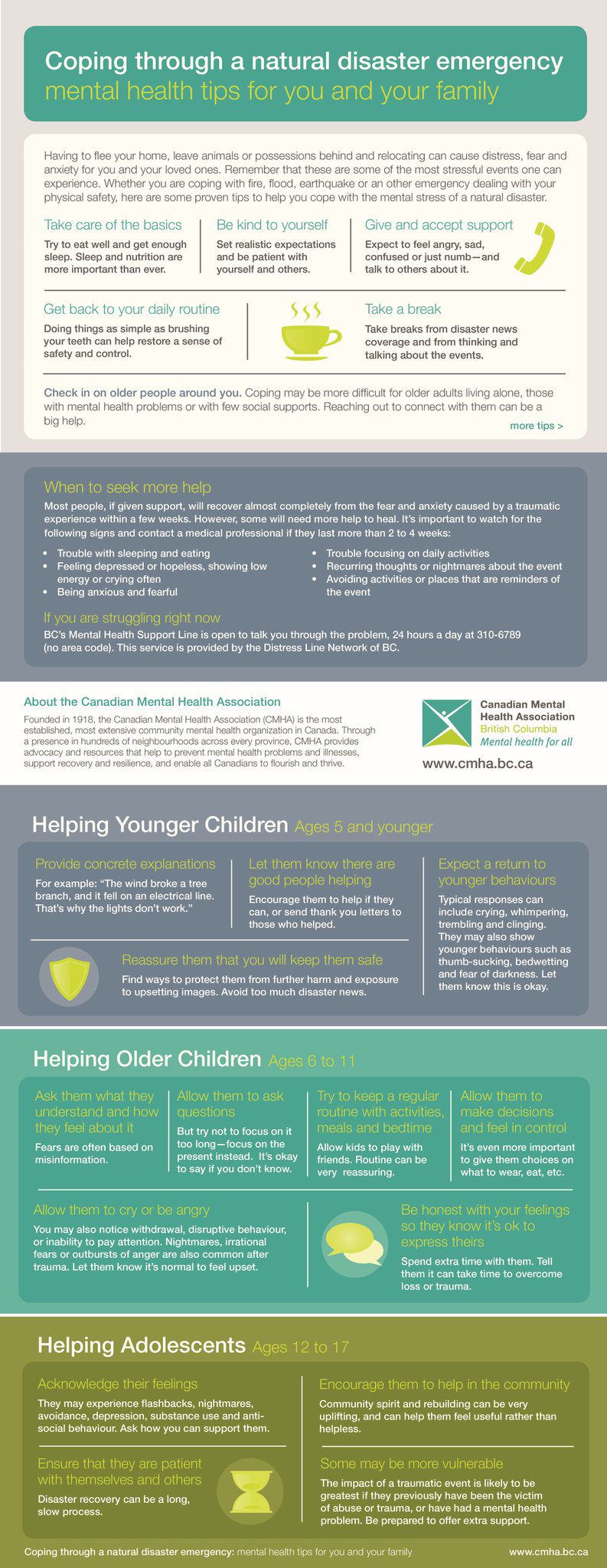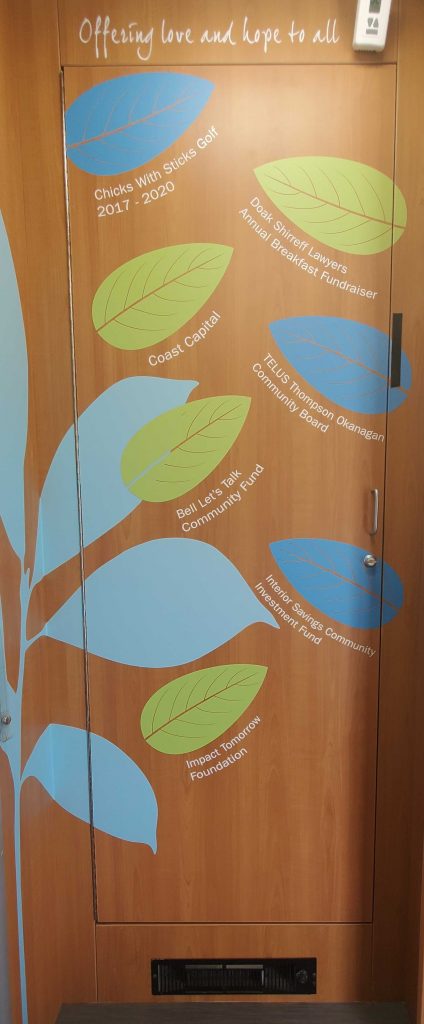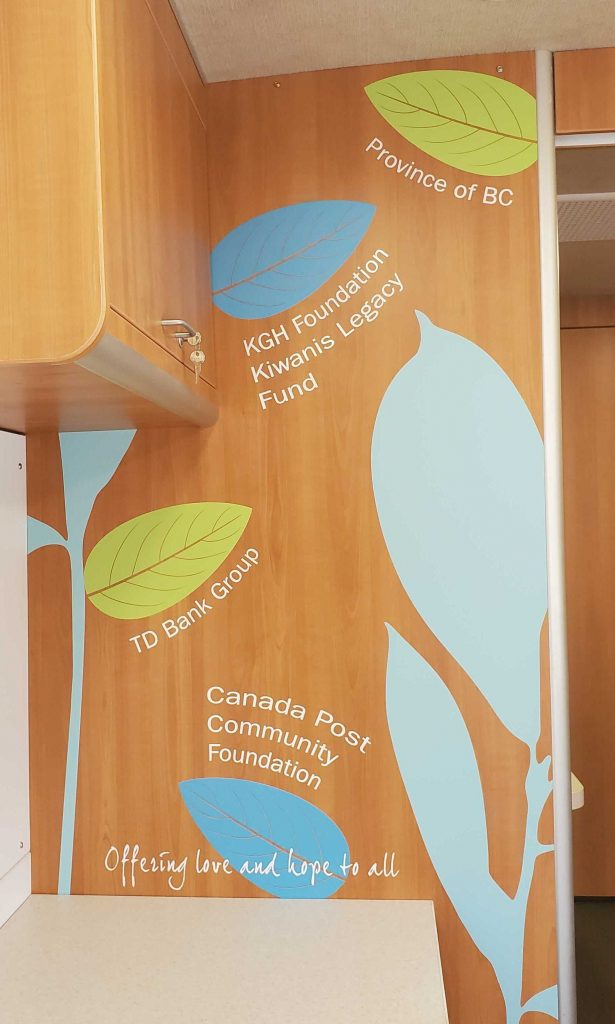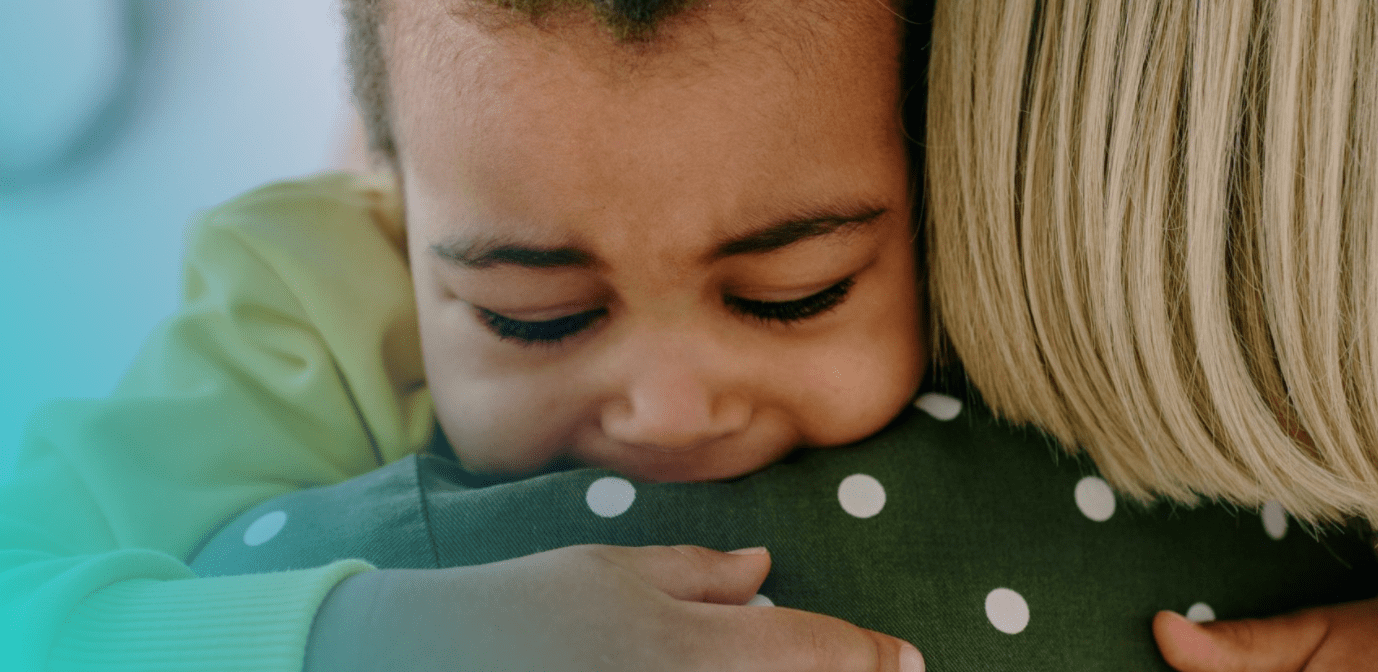Tens of thousands of British Columbians are going through upheaval right now as flooding takes place throughout the province. Mental health experts warn that the emotional toll of disaster can be as devastating as the financial strains of damage and loss of home, business or personal property.
Floods, evacuations, loss, worry—BC’s floods and wildfires affect us all. If you are feeling stressed or anxious, you are not alone. Here are some things you can do:
- Prepare – Having a clear emergency plan and kit ready for your family, pets and livestock can ease your mind and allow you to focus on other needs.
- Take care – Stress takes a toll on our physical and mental health. Eating well, exercising and getting enough sleep lowers stress and helps us cope.
- Ask for help – Talking helps. Whether it’s with family, friends, a doctor or counsellor. Crisis lines are available to listen and help anytime—not just during a crisis. If you have been evacuated, Emergency Support Services has resources to support you. You can also ask an ESS volunteer about the mental health or counselling support available to you.
- Help others – Reach out to the vulnerable. Assisting others can help us regain a sense of purpose and community as we confront challenges together.
Helpful links and resources
Health and mental health
- Coping through a natural disaster emergency – mental health tips for you and your family
- Recognizing and addressing trauma and anxiety during wildfire season (First Nations Health Authority)
- Recognizing and resolving trauma in children during disasters (First Nations Health Authority)
- Disaster emotional response timeline – what to expect before, during and after a disaster
- Your health during a wildfire (Government of BC)
- Wildfire smoke and health (BC Centre for Disease Control)
Direct help for stress
- Free, confidential support and crisis lines available 24/7:
KUU-US Indigenous line 1-800-588-8717
Interior BC Crisis Line 1-888-353-2273 – chat and text services available
Northern BC Crisis Line 1-888-562-1214
BC Mental Health Support Line 310-6789 (no area code required) - BounceBack – a free skill-building program for overcoming low mood, anxiety stress or worry
- Find your local Canadian Mental Health Association
Click here to download the above document as a .pdf file.
This article originally appeared on CMHA BC’s website. Information provided by the Canadian Mental Health Association in partnership with the Province of BC, First Nations Health Authority, Interior Health, Northern Health and Provincial Health Services
